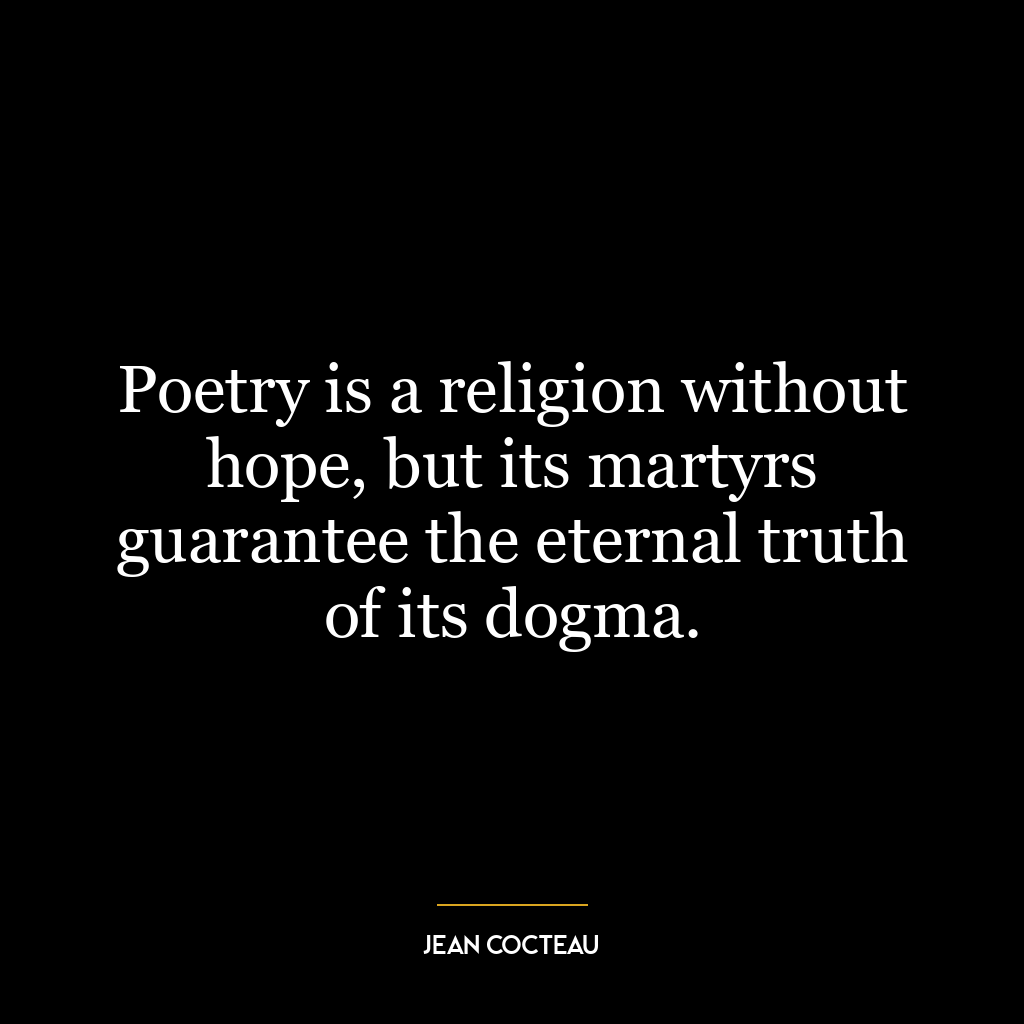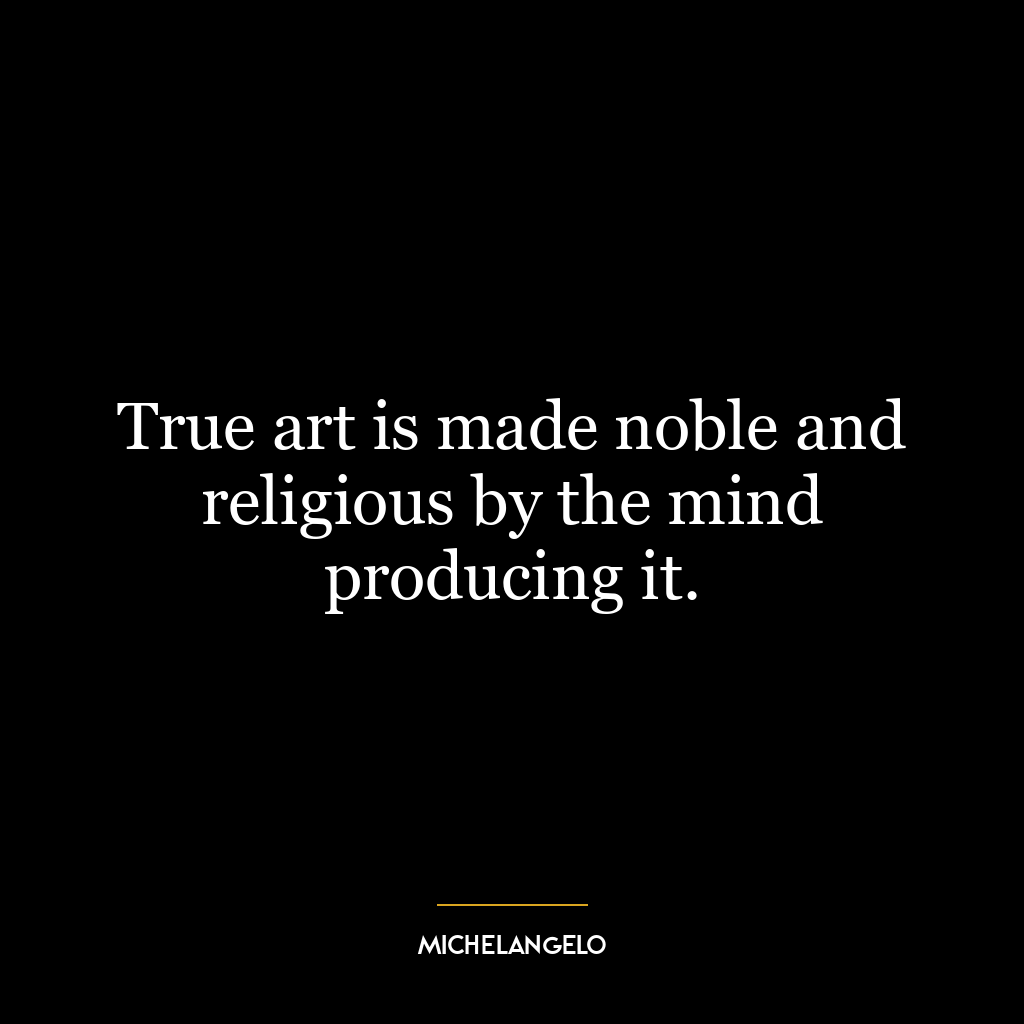Cleanliness is next to Godliness, and some people do the same by their religion.
This quote is a commentary on the importance of cleanliness, not just in the physical sense, but also in the moral and spiritual sense. When Dickens says “Cleanliness is next to Godliness,” he is referring to the idea that being clean, both in body and in mind, brings us closer to the divine or the virtuous. The second part, “and some people do the same by their religion,” suggests that some people use their faith as a tool for achieving this cleanliness or purity.
The quote implies a critique of those who use religion as a means to an end, rather than an end in itself. In other words, some people may use their faith as a way to present themselves as morally superior, rather than genuinely striving for spiritual growth and understanding. This could be seen as a form of hypocrisy, where outward appearances do not match inner realities.
Applying this to today’s world, we can see this concept reflected in various aspects of society. For example, in politics, some leaders may use religion as a tool to gain support and justify their actions, rather than genuinely embodying the values they claim to uphold. Similarly, in the realm of social media, individuals may present a ‘clean’ or idealized image of themselves, which may not reflect their true selves or their actions offline.
In terms of personal development, this quote encourages us to strive for authenticity and genuine growth, rather than focusing on appearances. It suggests that true ‘cleanliness’ or virtue comes from within, and cannot be achieved simply through outward actions or displays of piety. This might involve cultivating qualities such as honesty, integrity, and compassion, and striving to align our actions with our values.









